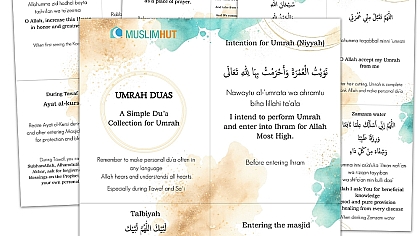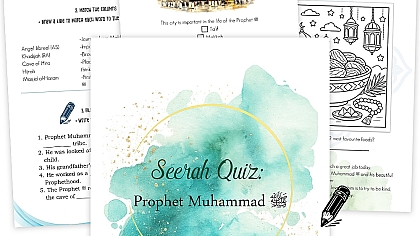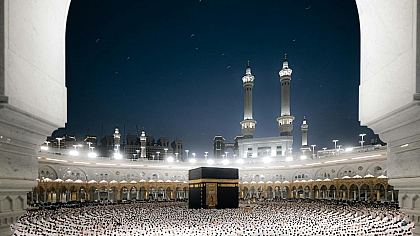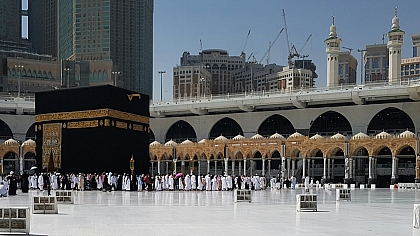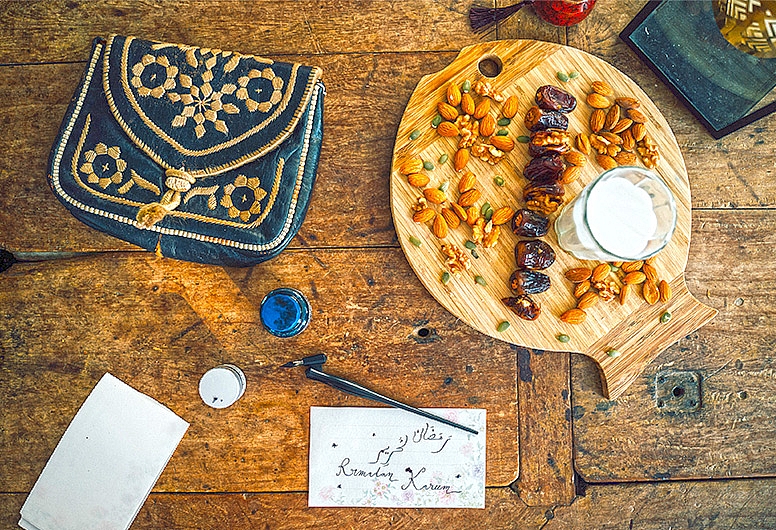
What are the Best Foods to Eat in Ramadhan?
During the holy month known as Ramadhan, Muslims worldwide fast during the daylight hours for 29-30 days. A Muslim who observes the fast during Ramadhan is not allowed to drink or eat anything during the daytime hours. They traditionally eat two meals, one is known as Sehri, which is eaten before dawn, and the other is called Iftar, which opens the fast at sunset.
Popular Ramadhan meals and dishes vary between nations. But some dishes are typical to all ethnicities. The conclusion of Ramadhan is celebrated with Eid-ul-Fitr, a day when a special dinner is served that will be the very first food eaten during daylight hours following the end of a month.
Recommended Ramadhan Meals
Ramadhan food and meals must be nutritious to ensure that the body's nutritional requirements are fulfilled even during fasting. The best way to achieve this is to ensure that your meals contain vital nutrients such as carbohydrates, vitamins, proteins, and minerals. Sehri and Iftar require abundant nourishment throughout the day. Because of that, it is also important to remain hydrated and drink plenty of water. Adults are advised to drink plenty of water in the hours between Iftar and Sehri.
Some meals are exclusively consumed during this period of fasting. Most contain complex carbohydrates and are lower in fats and sugars. Hydrating foods are popular, while spicy food dishes are typically avoided.
How Can You Plan Your Breakfast and Dinner During Ramadhan?
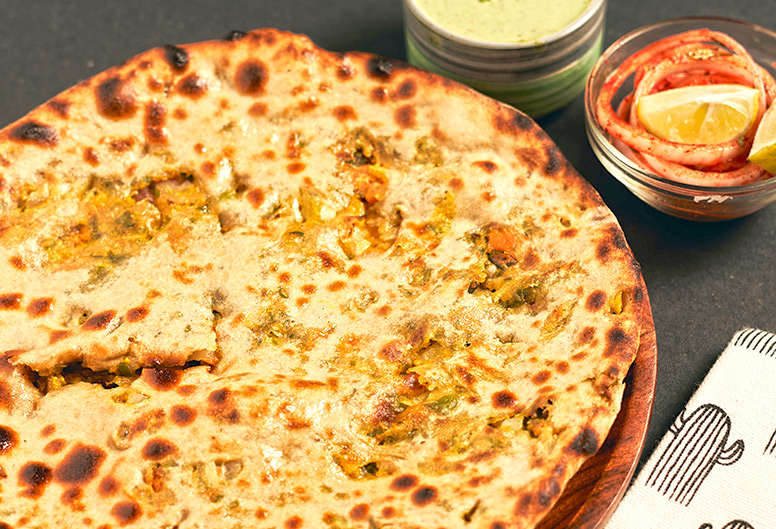
Sehri:
Although the Ramadhan breakfast meal is more straightforward, it must be nutritious enough to give sufficient energy for the remainder of the fasting day. Breakfast is a must during Ramadhan. It is advised to consume plenty of fluids and pick products with sufficient liquid content to stay hydrated for the remainder of the day. Also, choosing Ramadhan foods high in starch is recommended, which will help build energy levels. Opting for whole grains or high-fibre foods is beneficial, which will help you feel full and assist in digestion.
Iftar:
For the Ramadhan dinner, it is advised to drink lots of fluids, and meals with natural sugars. Most often, Iftar includes products from every food group, including vegetables, fruits and nuts, legumes, grains, dairy products, and grains. It is recommended that Ramadhan food choices for Iftar must consist of a mix of protein-rich food products like eggs, meat as well as fish and beans, and other starchy foods such as whole grains, fruits, vegetables, and dairy products. It is also advised to limit the consumption of fat, sugary food, and sweet drinks.
Top 10 Ramadhan Food Preparations
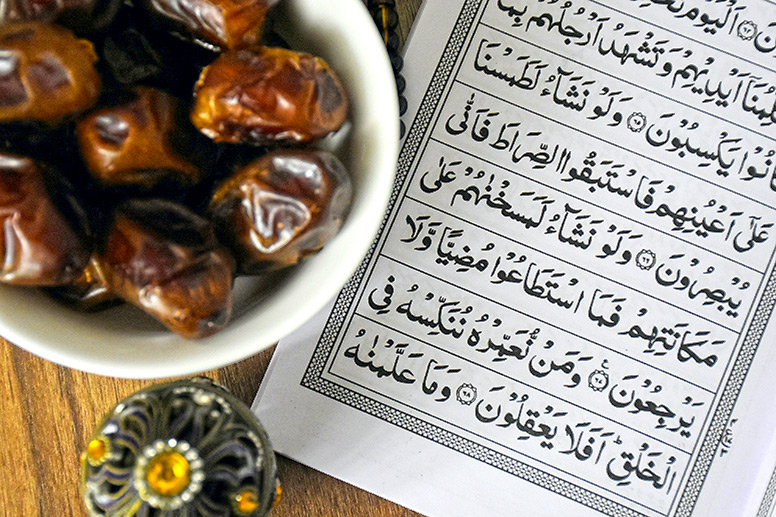
Plenty of healthy and delicious dishes are offered in the sacred months of Ramadhan. Many of these meals can be a great addition to Sehri meals, while others are best suited to Iftar. This is why we have compiled a menu of dishes that are popular during Ramadhan:
Popular Sehri Dishes
Ful Ramadaan is made by using cooked fava beans, olive oil, lemon juice, and garlic. The popular bean dish is a variant of Egypt's national meal, Ful Medames.
Egg Brik is one of the top foods to enjoy during Sehri in Ramadhan. This dish is made up of eggs that are whole in the shape of a triangular pastry bag and is garnished with chopped onion, tuna, parsley, and harissa.
Afghani Bolani is a delicious delicacy. The mouth-watering flatbread made in Afghanistan is filled with baked potatoes, onions, herbs, and other spices.
Fresh Fruit Salad: If you're looking for a nutritious, deliciously healthy, and refreshing breakfast option, there is nothing better than fresh fruit salad, particularly during Ramadhan and with a whole day of fasting.
Porridge: This all-time favourite breakfast dish is perfect for Ramadhan, as well as other months throughout the year. It is healthy, light, and satisfying enough to become the most sought-after Ramadhan breakfast option.
Popular Iftar Dishes
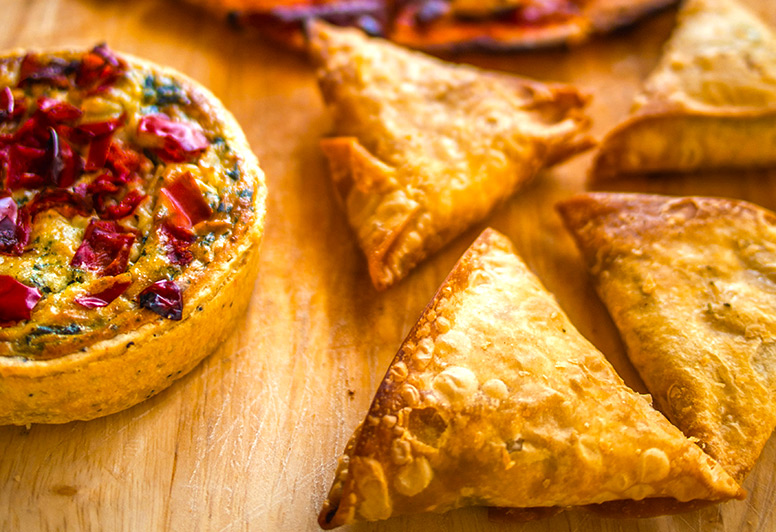
Dates: Iftar traditionally starts with eating dates, which is in keeping with the Sunnah. Dates are an excellent source of sugars, fibre, low-calorie carbohydrates, potassium, magnesium, and vitamin B6.
Shorba: A very popular dish in The Middle East region, this delicious lentil soup is a nutritious mixture of nutritious vegetables and is high in protein. Also known as Arabic lentil soup, it's an excellent dish to eat during the fast.
Keema Samosa: One of the most sought-after Iftar snacks in India, it is a crisp patty with delicious minced mutton, topped with various spices such as chillies, ginger mint, and garam masala.
Haleem: Delicious stew is made with fresh mutton that has been slow-cooked, lentils, cracked wheat, and many aromatic spices.


